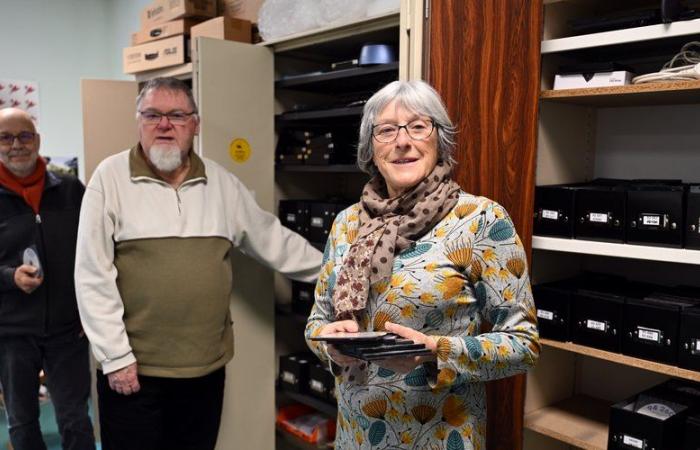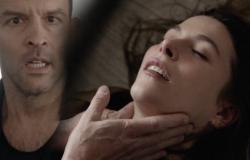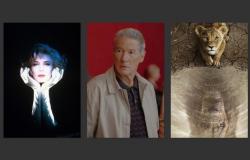the essential
Some manage loans and store CDs, others record books… meet volunteers from the Cahors and Lot Sound Library.
Christine Hubert begins her third recording. Pierre Montreuille is on his 422nd. Both are contributors of voices to the Sound Library of Cahors and Lot. This association makes recorded books available to those who cannot or no longer read.
“It’s not theater”
“I didn’t want to become a voice giver, I feel that I don’t have a voice that passes,” says Pierre Montreuille. Even if, “we are instructed not to do too much, to read exactly what is to be read. It’s not theater but it shouldn’t be too soothing, even if some people use it to relax.” fall asleep”. As for the choice of books, it is free: “Unless specifically requested, the voice giver records what he wants to record and which is not recorded”, explains Pierre Montreuille.
He met the Sound Library during an open house in 2011. “I asked them if they needed someone for IT,” he remembers, “what interested me was the technique, engrave”. Almost surprised, he says that he had not even made the connection with his family history: “My father was blind. Through an association, he benefited from books and musical scores.”
“We don’t have a man’s voice, you have to do it”
Then one day, the BS told him: “We don’t have a man’s voice, you have to start doing it.” He remembers his first book: “Da Vinci Code” by Dan Brown. “What not to do: Don’t start with a big book.” However, this is what Christine Hubert also did. “I was in a book that I liked so it didn’t seem very difficult,” she remembers. She was already used to reading aloud. “I did it for my husband,” she explains, “he is not blind but he likes my voice.” And one day she said to herself: “Why only for him?” So, she invested in a computer, had to get used to hearing her voice, spent time on corrections. “I had a few weeks of technical training,” she adds. And it’s not over: the system is evolving.
“People tell us: I loved reading and I can’t anymore”
Constraints which put off Margot Demiot, now a time donor. She is on duty, manages, cleans and puts away the CDs. Like the others, she joined the association for her love of reading: “People tell us: I loved reading and I can’t anymore.” So, the volunteers are there to “provide a service to people who can no longer read,” observes Bernard Calmettes. He describes these audio players who swallow CDs “like someone who dives into a book, who devours it”. He too is a giver of time. No voice. “I don’t want to, I can’t, for the breath,” he says.
President Christiane Laurain joined the association upon retirement. His motivations? “When I was 8 years old, I played in the library,” smiles the woman who managed the media library. “And there’s the fact that it’s aimed at people with disabilities,” she says, finally, “the book is something I couldn’t do without.”
5,000 CDs available
In the BS premises, on the 3rd floor of the Cahors association house, metal cabinets contain 5,000 CD books available to audio readers in the Lot. Part of it comes from the national catalog, the other from the ten or so vote givers from the Lot. But on the national site, 25,000 titles are available for download. There is no contribution, the loans are free. The association only survives on donations and subsidies from the town hall and the department. And relies on its volunteers.
Thanks to sponsors, the BS of Cahors et du Lot can lend some CD or USB card readers to audio players. There are around fifty of them as well as – and this is something new – around ten children who can find the recorded school books there. She also established partnerships. “And the Institute for Young Blind People asked us to put into voice the regulations and the welcome booklet,” said the president.
Also read:
Tradition and musical transmission at the media library






